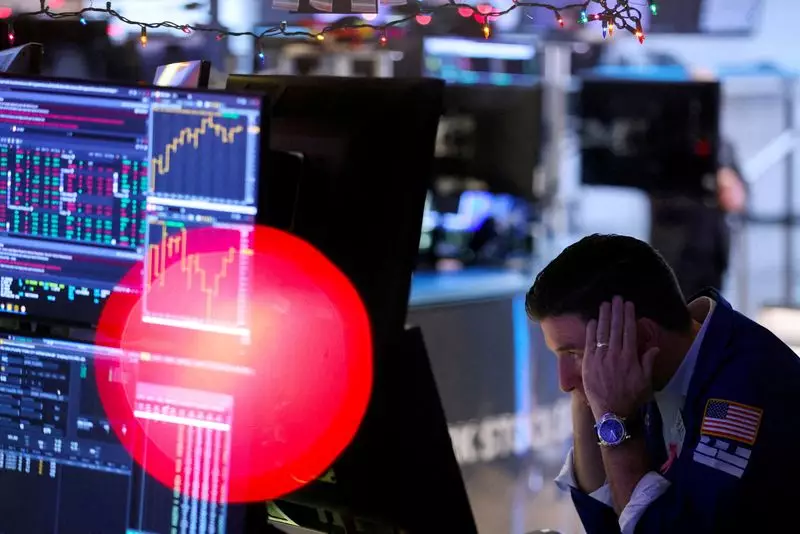The complex interplay of global politics and economic stability remains at the forefront of investor concerns. As tensions escalate in the Middle East, particularly the recent confrontations involving Israel and Hezbollah, it’s essential for investors to reassess their strategies. Analysts suggest that a well-structured approach hinges on diversification and targeted asset allocation, allowing investors to mitigate risks associated with geopolitical tensions. This proactive strategy is especially crucial in an environment where localized conflicts can ripple through global markets, potentially escalating into wider instability.
A key area of concern amidst geopolitical uncertainty is the oil market. The analysts at UBS highlight that, while current oil prices haven’t experienced drastic fluctuations, any major conflict—especially involving significant players like Iran and the U.S.—could severely disrupt energy supplies. The Strait of Hormuz, a vital conduit for oil transportation, is particularly vulnerable in such scenarios. A disruption could propel Brent crude prices beyond $100 per barrel—a significant increase that would have a cascading effect on the global economy. Investors should be cognizant of these dynamics when considering their exposure to energy assets, as they may prove crucial in hedging against potential shocks.
Amid market turbulence, investors often gravitate towards traditional safe-haven assets. Gold, in particular, has emerged as a prominent contender, with its price surging nearly 30% this year. This increase can be attributed to a confluence of factors, including anticipated interest rate cuts by the U.S. Federal Reserve, seasonal spikes in jewelry demand, and sustained central bank purchasing. The analysts’ assertion that gold should form a part of diversified portfolios is aligned with its historical role as a stabilizing asset during periods of uncertainty. As geopolitical tensions continue to loom, the allure of gold as a protective measure in investment strategies cannot be overstated.
In addition to incorporating gold and energy assets, the importance of high-quality credit instruments as part of a diversified portfolio is emphasized. These assets offer a buffer against volatility, providing stability when other markets may be in flux. Furthermore, as the Israeli shekel faces devaluation due to ongoing conflicts, investors must not lose sight of broader economic indicators that could influence market trends.
Ultimately, keeping a long-term perspective is essential. While localized conflicts can stir immediate reactions in markets, the overarching macroeconomic support remains robust. Investors should focus on constructing a resilient portfolio that acknowledges current risks without succumbing to panic. By remaining strategically combined and focused on diversification, investors can not only safeguard their assets against individual risks but also position themselves to take advantage of potential opportunities that arise amidst uncertainty.

